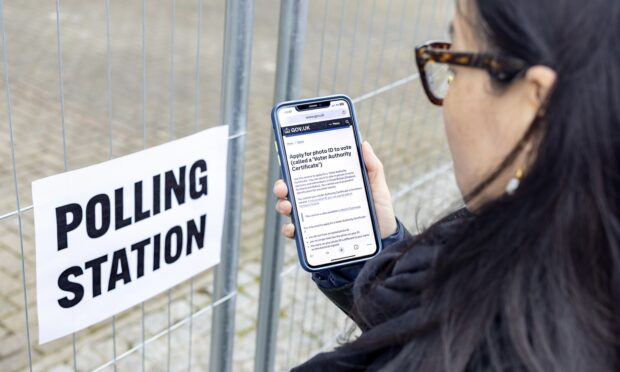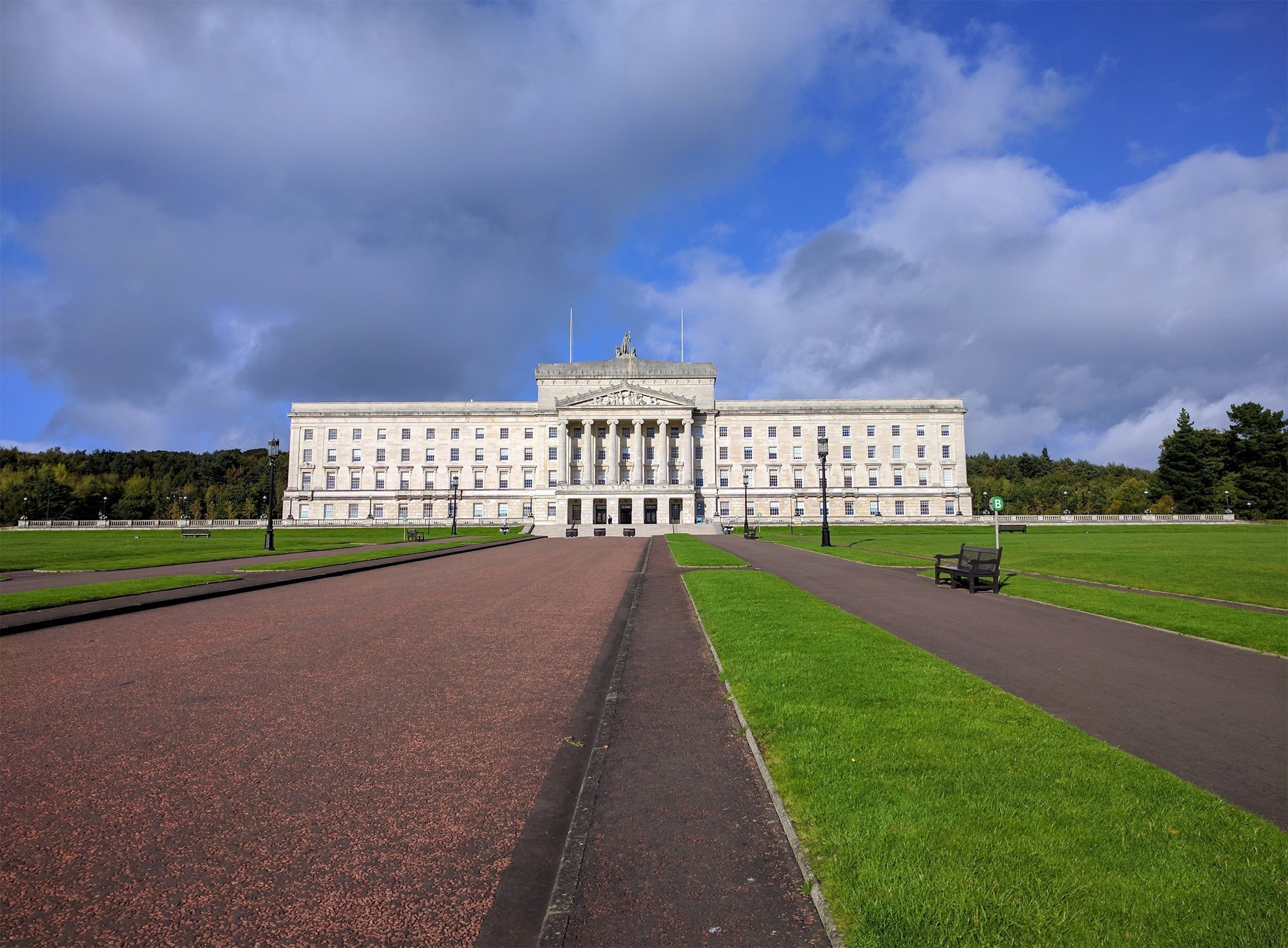Foreign secretary Dominic Raab was given a remote grilling yesterday
Credit: Parliamentary Copyright/Open Parliament Licence v3.0
Ministers yesterday their first virtual Commons grillings after plans for a “hybrid” chamber were approved amid the nationwide coronavirus lockdown.
Under proposals waved through the Commons on Tuesday, a maximum of 50 MPs can now be present in the chamber to ask questions of the government, while up to 120 members will be able to take part from their homes via video link.
The new arrangements – which saw Dominic Raab take a round of prime minister’s questions in place of the recovering Boris Johnson on Wednesday – will initially be in place until May 12, and any votes will still require MPs to be physically present in the chamber.
But Commons Leader Jacob Rees-Mogg has promised further legislation in the coming weeks to allow remote voting. Speaking as MPs returned to the green benches, he praised the “incredible work” of parliamentary staff in getting the new system up and running over the Easter recess.
Related content
- Government evaluating ‘every technological solution’ for virtual parliament
- Scottish Parliament plans virtual questions for first minister
- Call for ‘digital parliament’ gains backing of one in five MPs
And the Cabinet minister said: “While the new digital parliament may not be perfect – members may launch forth into fine perorations only to be muted or snatched away altogether by an itinerant internet connection – we must not let the perfect be the enemy of the good. The parliamentary authorities have done a superb job to get this up and running at such short notice.
“Should the House agree these motions today, I should expect to bring forward further motions shortly in order that we can extend our virtual ways of working for a longer period and to more substantive business including legislation.”
Rees-Mogg, meanwhile, confirmed that health secretary Matt Hancock will give a statement to MPs on Wednesday, as questions about the government’s handling of the outbreak mount.
Shadow Commons leader Valerie Vaz said the new measures were a sign of the “extraordinary times” facing the country, and paid tribute to the staff behind the “incredible feat”.
She said: “The opposition wants to engage with the government at this extraordinary time and we consider that the ultimate aim is to move to the virtual Parliament in keeping with government advice and Public Health England advice.”
Karen Bradley, who chairs the Procedure Committee which has helped draw up the proposals, said it was “incredible to see the work that has been done in only a very few short few weeks” to get parliament back in business.
The Conservative MP said: “We must understand that there will be glitches and that this will evolve and it will change, and that over time we will develop a way of working that gives us the best ability to represent our constituents.”
But she said a virtual Commons would “never be a substitute for being able to be here fully and full part of the democratic process”.
MPs who have chosen to return to the chamber (pictured above, on Wednesday afternoon) have been greeted by green benches bearing crosses and ticks – indicating which seats could and could not be occupied in line with strict social distancing rules to limit the spread of the virus.
Parliamentarians have also been issued with guidance to help them appear via video-link, with reminders to maintain formal dress and choose a location “where you will not be disturbed and where you are not aware of extraneous noise”.
The guidance says: “Find a position with a plain background behind you. Ideally, it wouldn’t be white, or a very light colour. Please exclude mirrors, doors and bright windows. Members are asked to refrain from using ‘virtual’ backgrounds.”
And it adds: “Members are reminded that they can be seen on camera even when not directly contributing. Please treat the entire session as public. Do not hold sensitive conversations on the call, even when on mute.”



